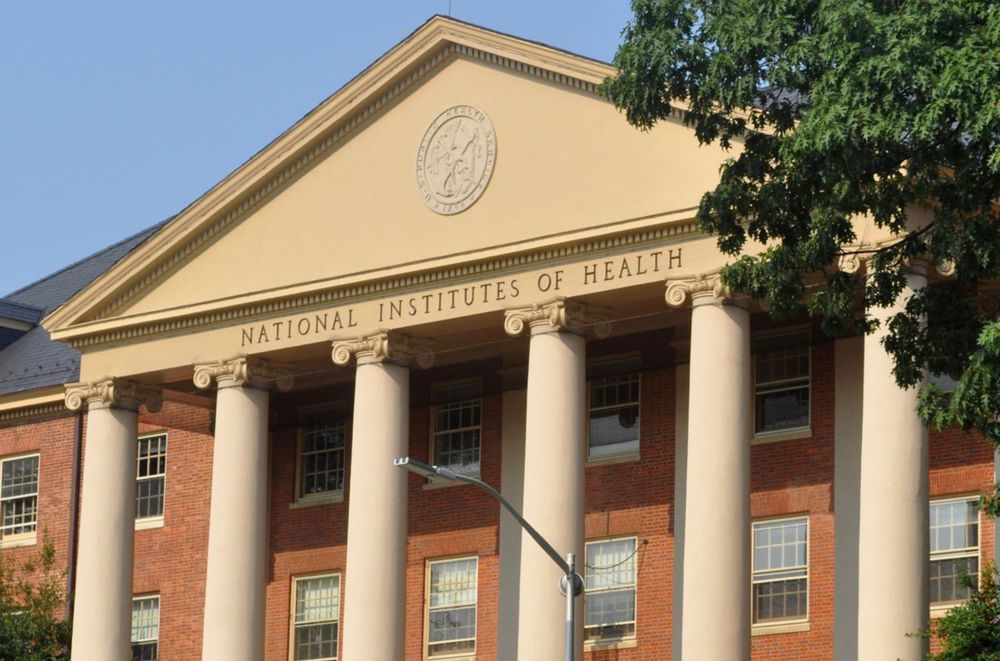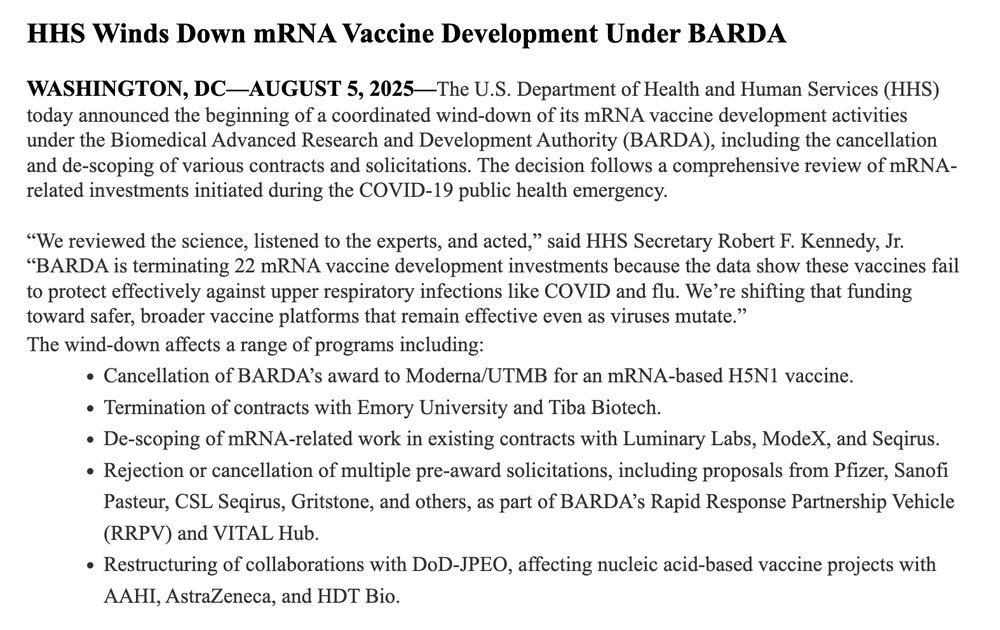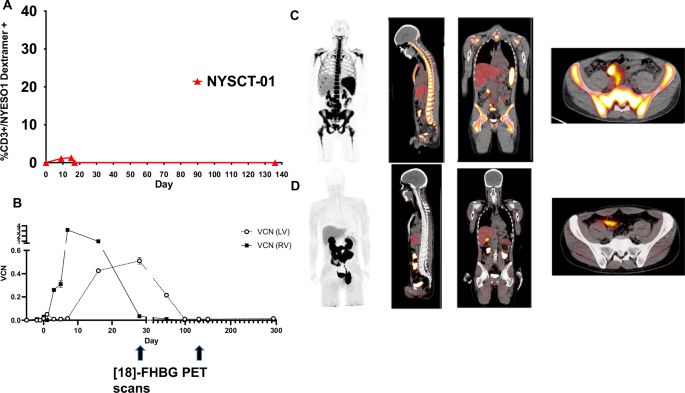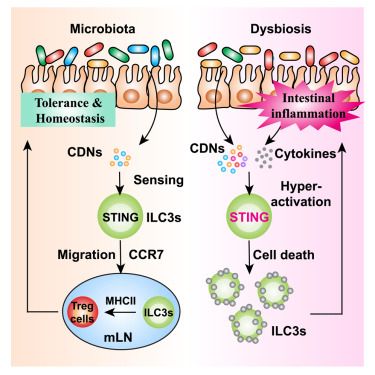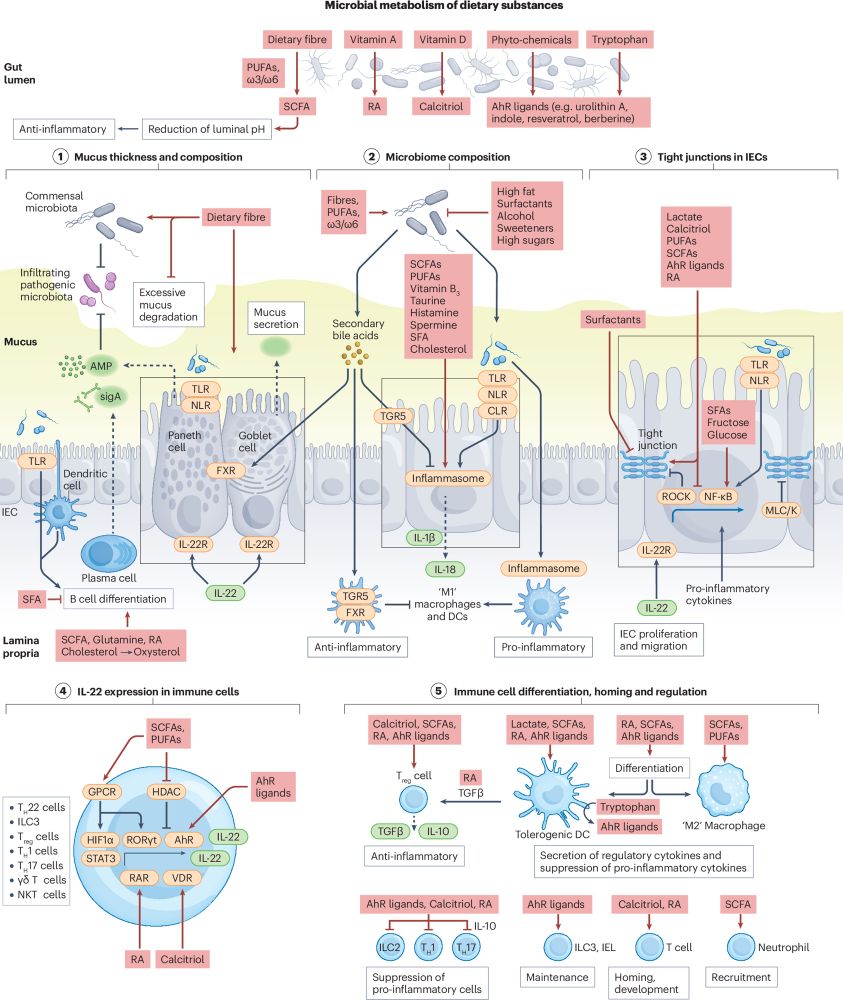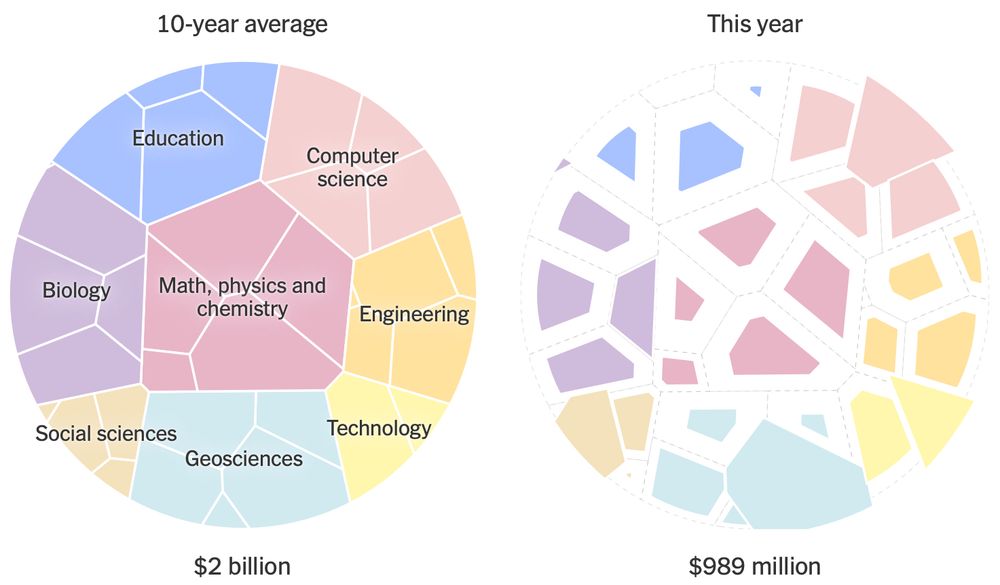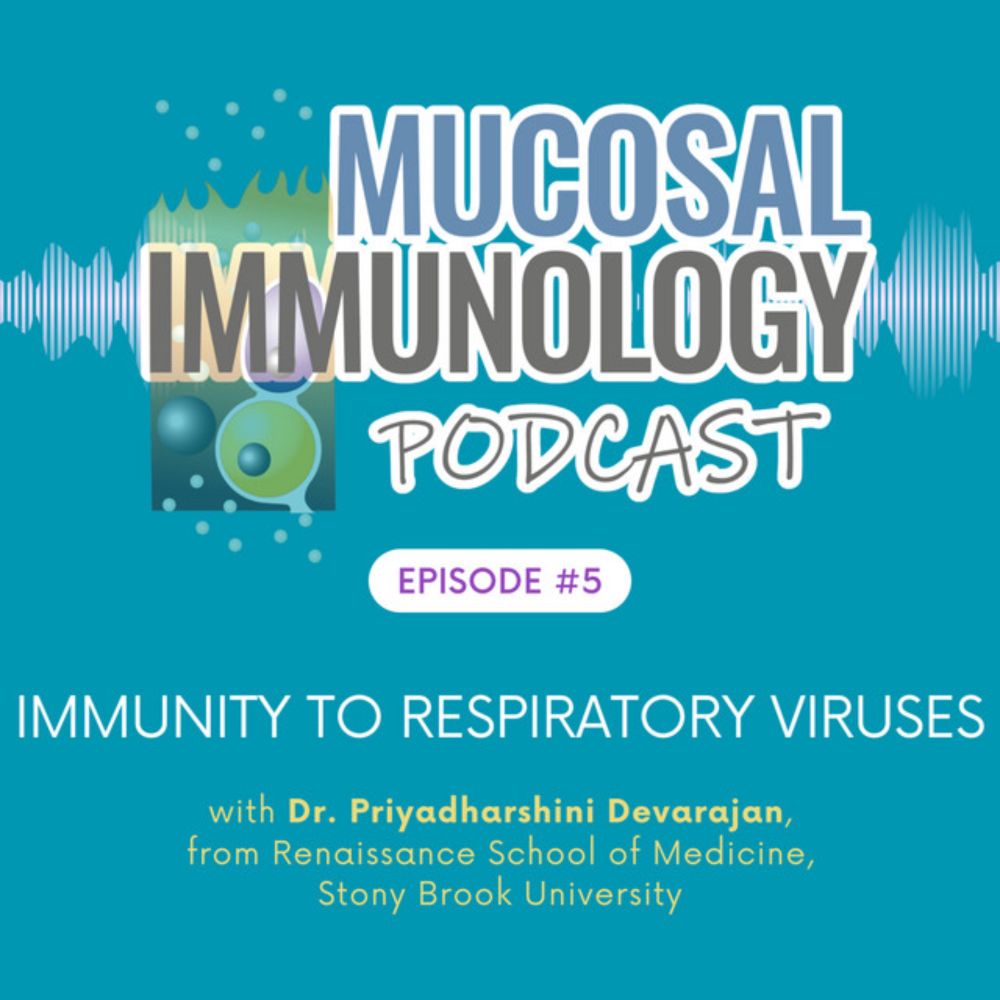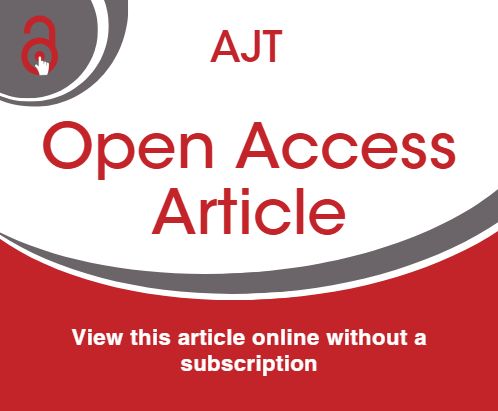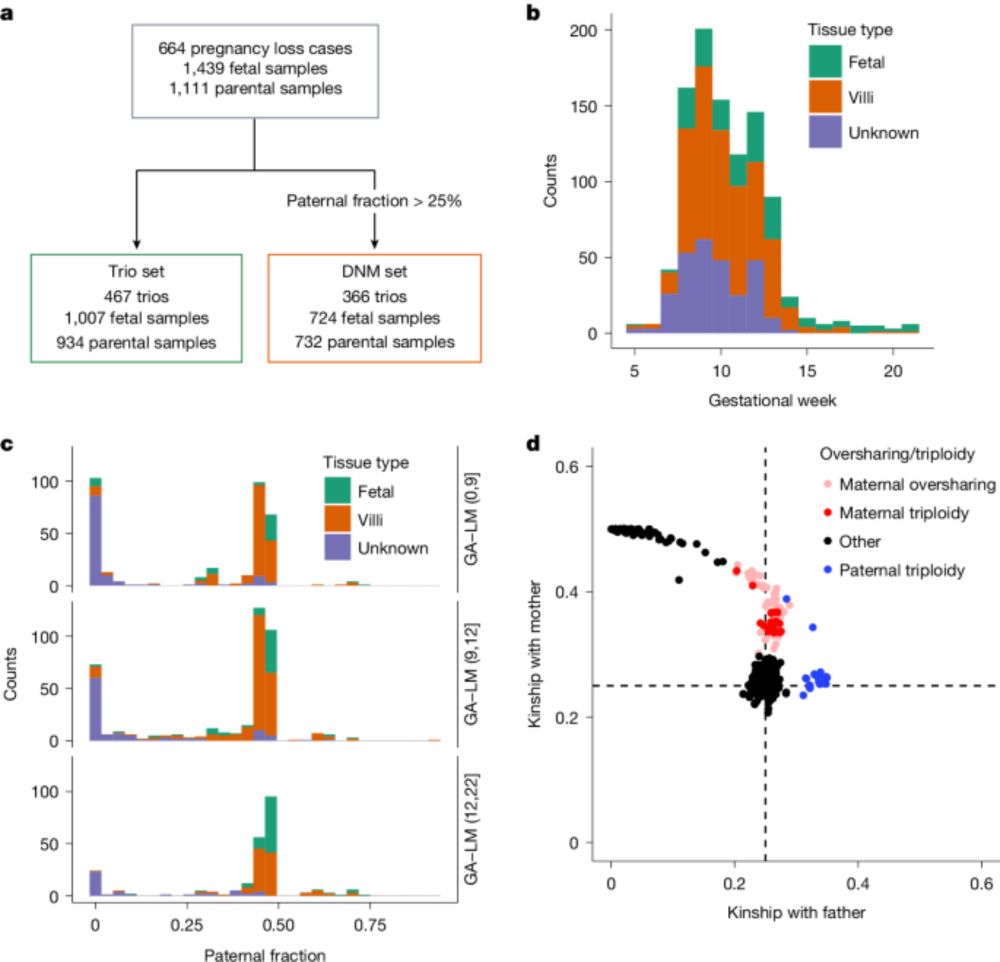Jordan Zhou
@jordan-zhou.bsky.social
1K followers
770 following
36 posts
Postdoc/NIDDK F32 - Sonnenberg Lab (Weill Cornell Medicine).
Neuroimmune/ILCs/Barrier Immunity/GI/Cancer Immunology
Posts
Media
Videos
Starter Packs
Reposted by Jordan Zhou
Reposted by Jordan Zhou
Reposted by Jordan Zhou
Reposted by Jordan Zhou
Raphael Gottardo
@rgottardo.bsky.social
· Jun 22
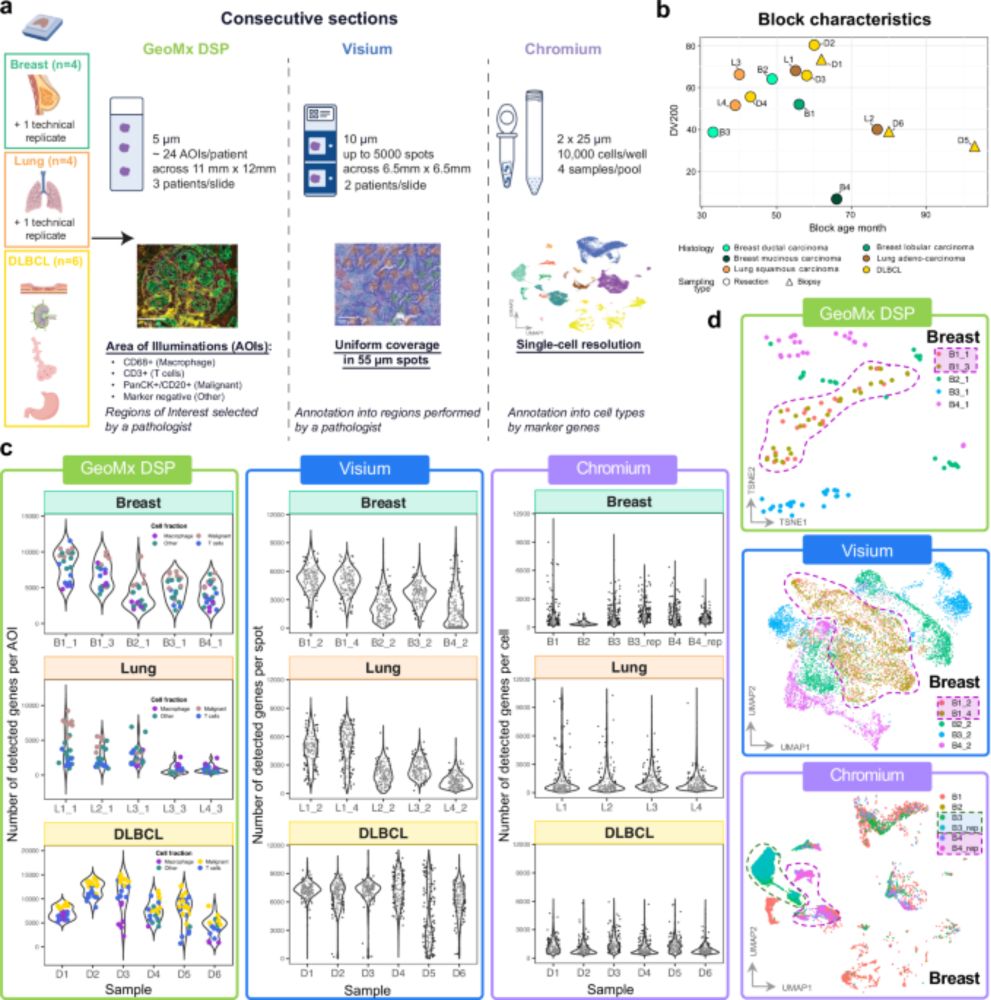
Transcriptome analysis of archived tumors by Visium, GeoMx DSP, and Chromium reveals patient heterogeneity - Nature Communications
Currently, there is an urgent need to evaluate the strengths and limitations of various probe-based full transcriptome methods for formalin-fixed paraffin-embedded tumor tissues. Here, the authors ana...
www.nature.com
Reposted by Jordan Zhou
Waggoner Lab
@labwaggoner.bsky.social
· Jun 2
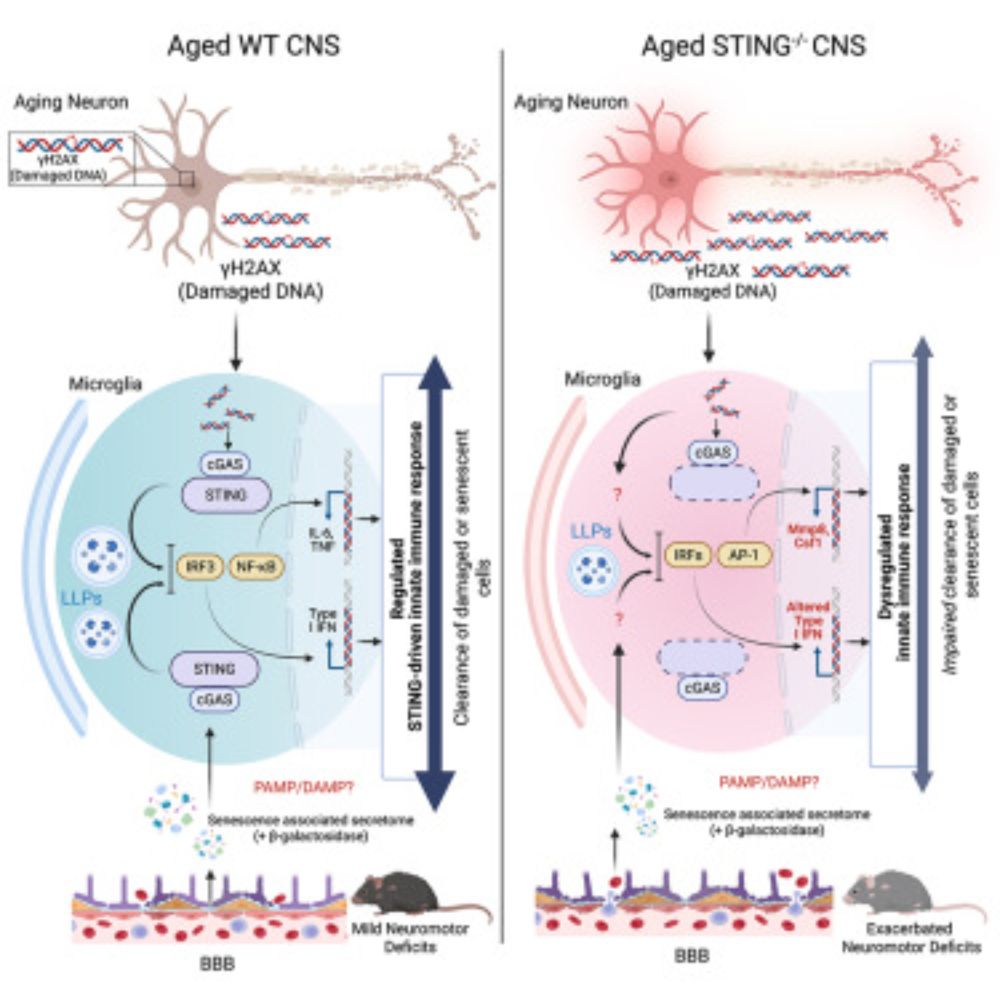
Microglial STING is a central safeguard against neurological decline with age
Immune pathways and cell types that protect against neurodegenerative processes with
aging remain poorly understood. Sulka et al. demonstrate that the innate immune adaptor,
STING, provides essential ...
cell.com
Reposted by Jordan Zhou
Reposted by Jordan Zhou
Reposted by Jordan Zhou
Reposted by Jordan Zhou
Immunity
@cp-immunity.bsky.social
· May 15
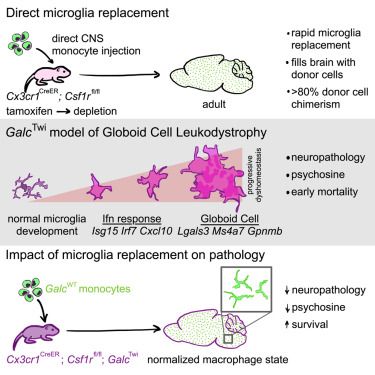
Direct microglia replacement reveals pathologic and therapeutic contributions of brain macrophages to a monogenic neurological disease
Hematopoietic stem cell transplant is the gold standard for treatment of globoid cell leukodystrophy, also called Krabbe disease. Aisenberg et al. define the molecular signature of disease-associated macrophages (globoid cells) and demonstrate that brain-specific high-efficiency macrophage replacement in the twitcher model of Krabbe disease improves neuropathology, macrophage dysfunction, and survival.
dlvr.it

